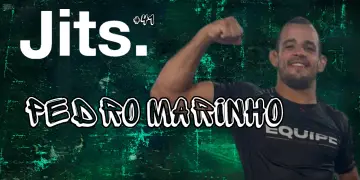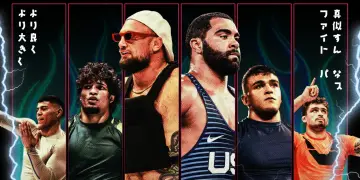When Tap Cancer Out Founder & Executive Director Jon Thomas heard rumblings of Craig Jones’ wild new tournament months ago, his ears perked up. But when he saw Jones announce his intentions to use the event to raise money for charity in an interview with Joe Rogan, he knew the time was right. Thomas called in a few favors to get in front of Jones and his business partner, Seth Belisle, so he could make his case. Soon after, Tap Cancer Out was officially announced as the premier charity partner of the inaugural Craig Jones Invitational.
When it was founded in 2004, Tap Cancer Out was a small tournament throwing down borrowed wrestling mats in a local high school gym. Over the past 14 years, Jon Thomas and his team have worked to become the world’s foremost BJJ nonprofit. They’ve hosted hundreds of charitable jiu jitsu events across the country, and have donated over $6.25 million to beneficiary organizations all united in the fight against cancer. “We want to show the jiu jitsu community that as a misunderstood sport, we can change the world,” Thomas told Jits.
Tap Cancer Out takes fundraising transparency seriously, with annual third-party audits and financial reports available to the public on their website. But they also relish the opportunity to help people in the community share about how cancer has impacted their lives. “We want to do our part in telling the fighters’ stories, some of which not a lot of people knew,” Thomas said. “Like João Gabriel Rocha beating cancer at about 20. He doesn’t tell that story very much, but it’s pretty incredible.”
Both through activations at the event and on social media in the weeks before and after, CJI created a number of unique opportunities to raise funds for the Fair Fight Foundation. The athletes got involved too; donors were entered into prize drawings for a chance to win William Tackett’s no-gi set or Gordon Ryan’s miata, for example. In the end, 3.18M viewers tuned into CJI. And with help from dollar-for-dollar match promises by KASAI Grappling CEO Rich Byrne and another anonymous donor, CJI donated a total of $500,000 to Tap Cancer Out.
Jits spoke to Jon Thomas about his experience working with CJI and how the event has supported his organization’s efforts to end cancer.
Tell us about your early conversations with CJI. How did you get involved?
“At first, I wasn’t sure what to believe. Is this really going to happen? As it started to become real, I immediately thought about how important a philanthropic play would be for CJI. Considering how disruptive it was already trying to be, I felt like a charitable element would put it over the top. Not only can we pay fighters significantly more than they’ve ever been paid, but we can also make a massive charitable impact, all while still considering the event a success.”
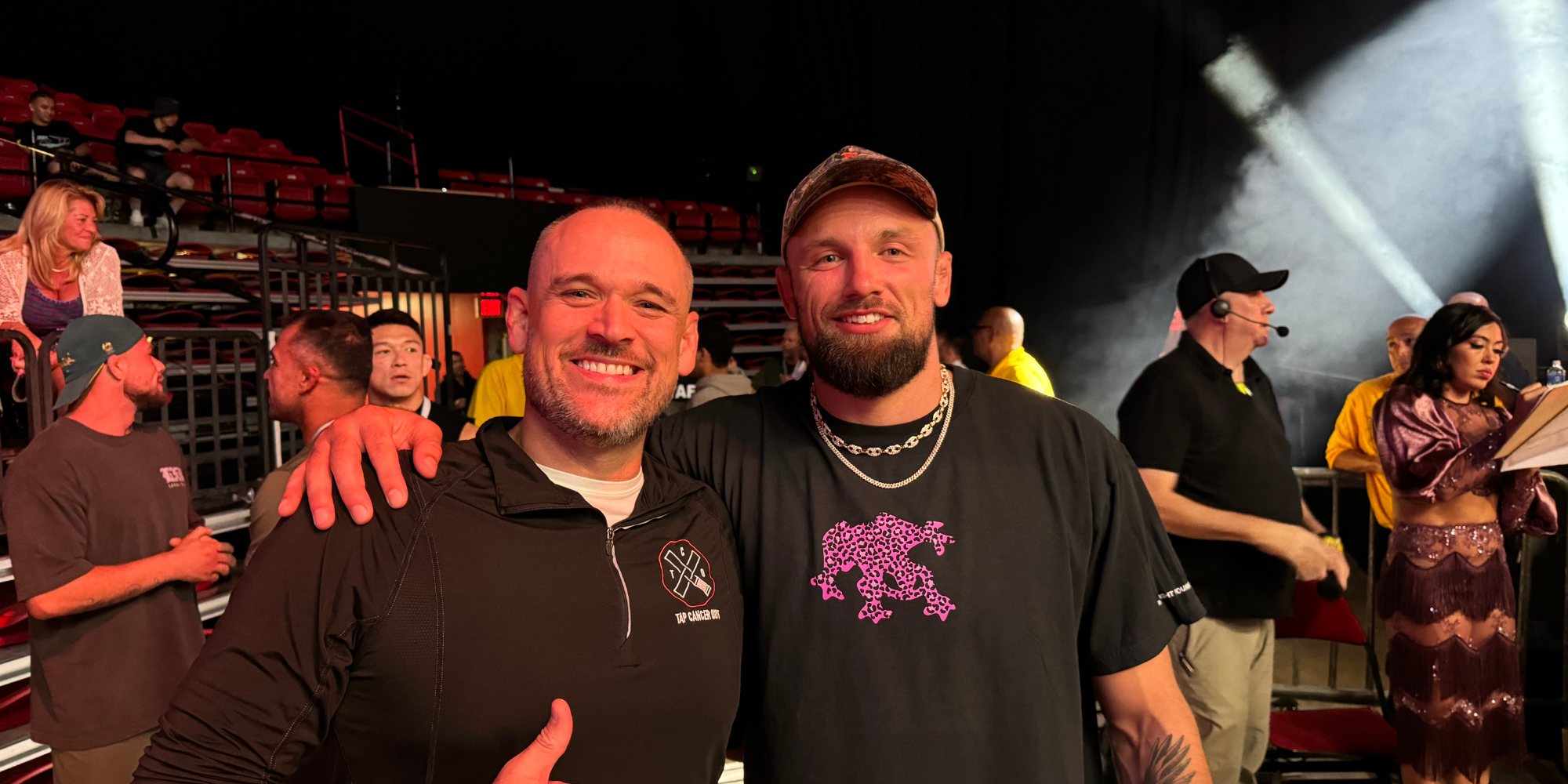
You were the event’s premier charity partner. What did that mean, practically speaking?
“We’re a grant maker, so at the end of the year we fund grants of up to $250,000 for our 10 beneficiary organizations. Those grants fund actual research, travel support, the purchase of equipment, or the cost of attending Camp Sunshine, for example. CJI wanted to set up the Fair Fight Foundation the same way to achieve two things. First, to be able to receive tax-deductible donations as a 501(c)(3). Second, to be able to distribute those donations as grants to a number of beneficiaries.”
“When we first started speaking months ago, the Fair Fight Foundation wasn’t even a formal nonprofit yet. Impressively, they were able to fast track their 501(c)(3) status, and they got it well before the actual event date. We were CJI’s premier charity sponsor, which meant we received a majority stake of the funds they distributed to their nonprofit partners. Others are going to get support as well, which is fantastic. Ffion Davies and some of the other fighters chose specific charities that they wanted the Fair Fight Foundation to support.”
Beyond the $500,000 donation, what impact did CJI have on your ability to grow the Tap Cancer Out community?
“No one really knew what to expect in terms of viewership. Who was going to be watching this versus ADCC? Or whatever is on television at the time? The fact that they streamed it for free on YouTube was fantastic, because not only was it accessible to everybody, including the casual fan, but we could also see in real time how many people were tuning in. And everybody was watching CJI. You had to! You had to see who was going to win the million dollars. And it was so accessible right there on YouTube, you might as well just pull it up and watch.”
“Even without a donation, if CJI had just said put our logo on the mats and treated us like any other sponsor, even that would have been incredible. It was crazy to see how many people were watching. We had a booth at Jiu-Jitsu Con a week and a half after CJI. Anybody who came by the booth either already knew about us or they had seen us on CJI. There wasn’t anybody who had never heard of Tap Cancer Out anymore. We were also getting e-commerce orders from all over the world. We were not ready for that. Suddenly, we’re getting all these orders from Italy, Sweden, Australia. We almost never got international orders, and suddenly it was about 50% domestic and 50% international. CJI helped us cover the earth with Tap Cancer Out.”
What inspiration are you taking from CJI back to your own events?
“It’s such a different type of event. Ours is a gi-only, IBJJF rule, amateur, all-ages tournament with eight rings. But even separately from CJI, we’ve altered our approach. A lot of people treat it like every other jiu jitsu tournament, where the only thing that matters is medals. So we’ve started this #MoreThanMedals movement, because whether you win or lose on the mat is really the last thing our event is about. All our impact, all the fundraising that people do, all the stories that are being told, it’s all happening prior to the event. We hope our tournaments are more of a celebration, like a glorified open mat.”
“We do have professional referees, and you obviously try to win. I’ve competed in exactly one Tap Cancer Out tournament ever, but you better believe I tried to win. I didn’t, but I tried. We’re not asking people not to try. We’re asking people to have a little bit more perspective on what it means to win and lose there. We’re trying to bring more joy to our events and figure out ways that the time spent off the mat is still fun. We have face painting and hair braiding, all for free. There’s jiu jitsu happening, and we have very highly skilled referees and our medals are nice and big and thick and what everybody wants. But it’s really way more than medals.”
“To CJI’s credit, while there was a very serious tournament going on with millions of dollars on the line across two divisions, Craig still fought Gabi Garcia. There was some theatrics to it as well. And even that, what CJI did for Gabi was fantastic. It was arguably my favorite moment of all of CJI. The crowd chanting Gabi’s name after the fight was chilling. I was screaming her name. She has spent her whole career never being the underdog. Everybody wanted to see David win, not Goliath. But she has done so much for the sport. She’s done nothing but work hard. And the CJI crowd was electrified to welcome her. Whatever happened in the match with Craig, win or lose, that didn’t really matter”
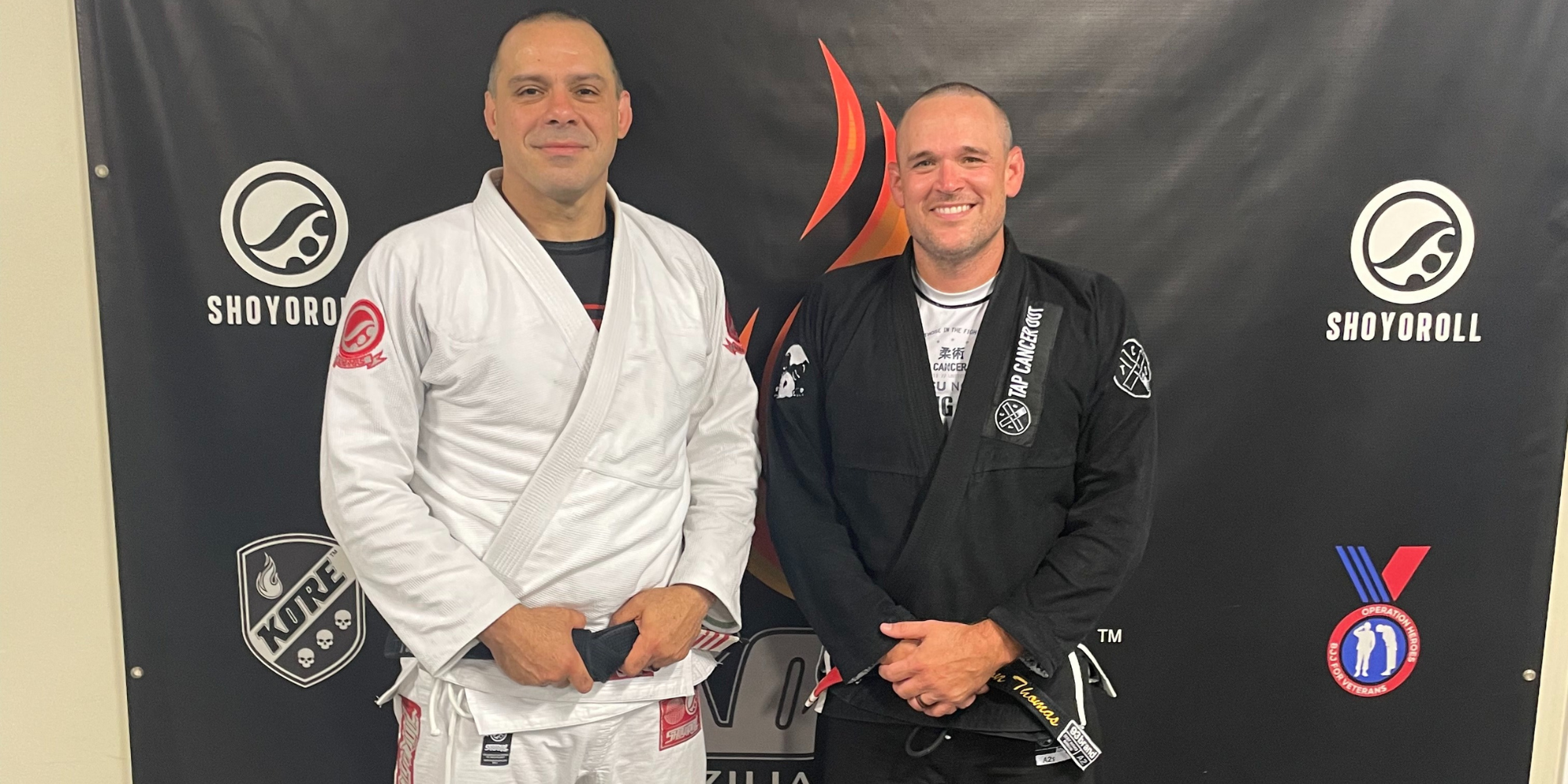
What impact do you think CJI will have on the world of jiu jitsu?
“We’ll forever consider things to either be pre-CJI or post-CJI, as the BJJ world will never be the same. That sentiment seemed to be permeating through the crowd throughout the whole weekend. Take the alley. If you watch any other jiu jitsu event, they’re constantly falling off the mats, falling off stages, getting reset. It was hard to use the alley wall to protect yourself, so you had to try and stay in the middle of the mats. You do not want to be up against the wall because you’re at a very difficult angle to try to stay upright. It introduced this very unique element of keeping the action centered. People were also being very inventive. Andrew Tackett is doing backflips off the wall.”
“It was a combination of the physical aspects of the wall, the technical aspects of the scoring, and the fact that the fighters were getting paid appropriately. I don’t envy other organizers who are hosting superfight events like this, because they’re going to be held to this standard. People are going to be less patient with the flat mat set up where people are falling off the edge. Fighters are going to be less accepting of significantly lower payouts, or having to pay to compete in superfight events. We’ve entered a new dawn for jiu jitsu. It was this tried and true model that had never really been reinvented. Craig and Seth said if we’re going to do this, it can’t just be for more money. We have to do things differently. And they executed it perfectly.”
You were there at the event. Tell us about your experience there in the room.
“I’ve never been part of a jiu jitsu event like this. I’ve been doing jiu jitsu for 16 years, and I’m used to the local tournament stuff. The room was packed, the crowd was popping after every crazy move and take down. From the music to the entrances to the interviews, everything was fantastic. Reports from people watching at home were that the stream was fantastic. No real technical difficulties. For it to be such high production value without having to charge anybody for it, that’s a unique approach as well. I don’t envy the people who have to follow in CJI’s footsteps. We need them, there can’t just be CJI, so I hope they’re all successful. But they’re going to be held to a significantly higher standard now because of CJI.”
How can people in the jiu jitsu community support Tap Cancer Out?
“The best way to support Tap Cancer Out is simply to get involved. If you’re in one of the cities where we host one of our 20 Tap Cancer Out BJJ Open tournaments, I encourage you to sign up to compete and fundraise leading up to it. You can earn free entry, rash guards, backpacks, gis, all the way up to a jiu jitsu vacation if you raise over $10,000. We have about 15 to 20 people that do that every year. It’s really impressive. If you can’t make our tournaments, get involved with Global Grappling Day, our jiu jitsu holiday on December 14, 2024. It’s a grassroots virtual event that anyone anywhere can do. All you need is one day, one hour, and one partner. You can sign up for free and fundraise to earn perks.”
“We encourage academies to host Global Grappling Day events as well. They can be whatever you want them to be, whether it’s a big open mat with food trucks or a seminar. On this one day, there are thousands of grapplers getting together to enjoy jiu jitsu without the stress of competing, while also making a massive impact. Or if you can’t do any of those, we’ve got merchandise on our site that you can buy. We just want to unite the jiu jitsu community around this fight against cancer.”
This interview with Jon Thomas has been edited for length and clarity.
Click here to learn more about Tap Cancer Out and their mission, or follow them to get regular updates via social media at @Tapcancerout.



